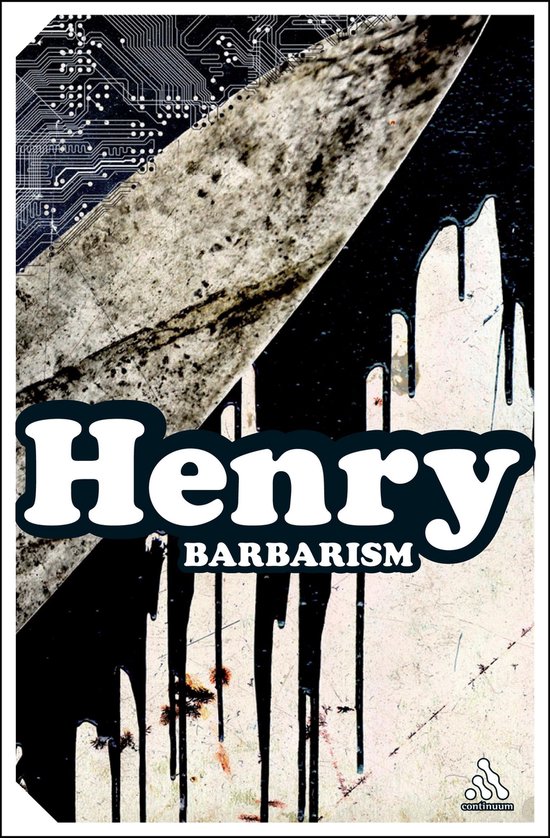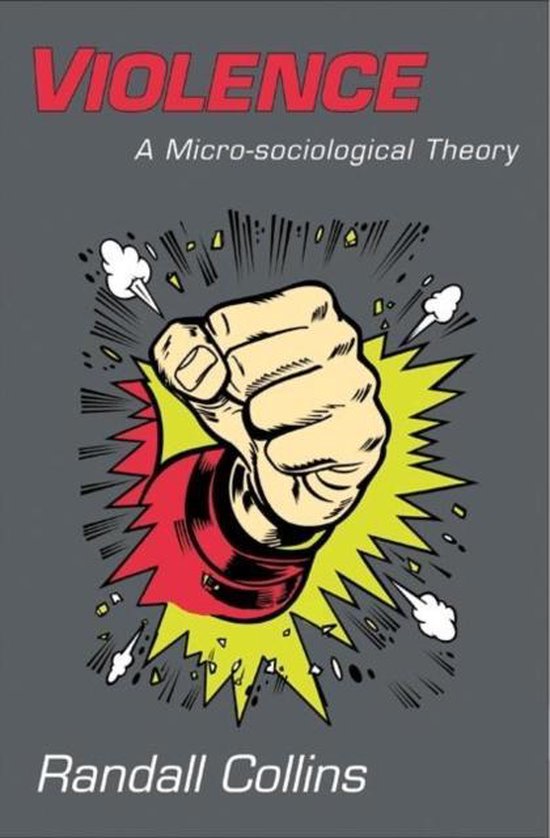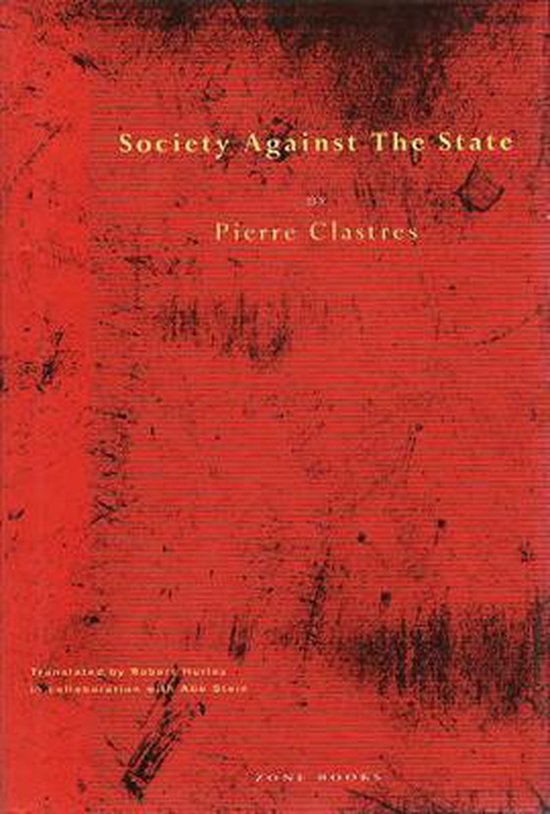
Barbarism
Presents a critique of the increasing potential of science and technology to destroy the roots of culture and the value of the individual human being, from the perspective of Michel Henry's philosophy of life. This book develops a critique of capitalism, technology and education and provides insight into the political implications of Henry's work.
This is the first English-language translation of Michel Henry's compelling philosophical critique of capitalism, technology and education. "Barbarism" represents a critique, from the perspective of Michel Henry's unique philosophy of life, of the increasing potential of science and technology to destroy the roots of culture and the value of the individual human being. For Henry, barbarism is the result of a devaluation of human life and culture that can be traced back to the spread of quantification, the scientific method and technology over all aspects of modern life. The book develops a compelling critique of capitalism, technology and education and provides a powerful insight into the political implications of Henry's work. It also opens up a new dialogue with other influential cultural critics, such as Marx, Heidegger and Husserl. First published in French in 1987, "Barbarism" aroused great interest as well as virulent criticism. Today the book reveals what for Henry is a cruel reality: the tragic feeling of powerlessness experienced by the cultured person. Above all he argues for the importance of returning to philosophy in order to analyse the root causes of barbarism in our world. "The Continuum Impacts" are seminal works by the finest minds in contemporary thought, including Adorno, Badiou, Derrida, Heidegger and Deleuze. They are works of such power that they changed the philosophical and cultural landscape when they were first published and continue to resonate today. They represent landmark texts in the fields of philosophy, popular culture, politics and theology.
This is the first English-language translation of Michel Henry's compelling philosophical critique of capitalism, technology and education. "Barbarism" represents a critique, from the perspective of Michel Henry's unique philosophy of life, of the increasing potential of science and technology to destroy the roots of culture and the value of the individual human being. For Henry, barbarism is the result of a devaluation of human life and culture that can be traced back to the spread of quantification, the scientific method and technology over all aspects of modern life. The book develops a compelling critique of capitalism, technology and education and provides a powerful insight into the political implications of Henry's work. It also opens up a new dialogue with other influential cultural critics, such as Marx, Heidegger and Husserl. First published in French in 1987, "Barbarism" aroused great interest as well as virulent criticism. Today the book reveals what for Henry is a cruel reality: the tragic feeling of powerlessness experienced by the cultured person. Above all he argues for the importance of returning to philosophy in order to analyse the root causes of barbarism in our world. "The Continuum Impacts" are seminal works by the finest minds in contemporary thought, including Adorno, Badiou, Derrida, Heidegger and Deleuze. They are works of such power that they changed the philosophical and cultural landscape when they were first published and continue to resonate today. They represent landmark texts in the fields of philosophy, popular culture, politics and theology.
| Auteur | | Michel Henry |
| Taal | | Engels |
| Type | | Paperback |
| Categorie | | Religie, Spiritualiteit & Filosofie |




